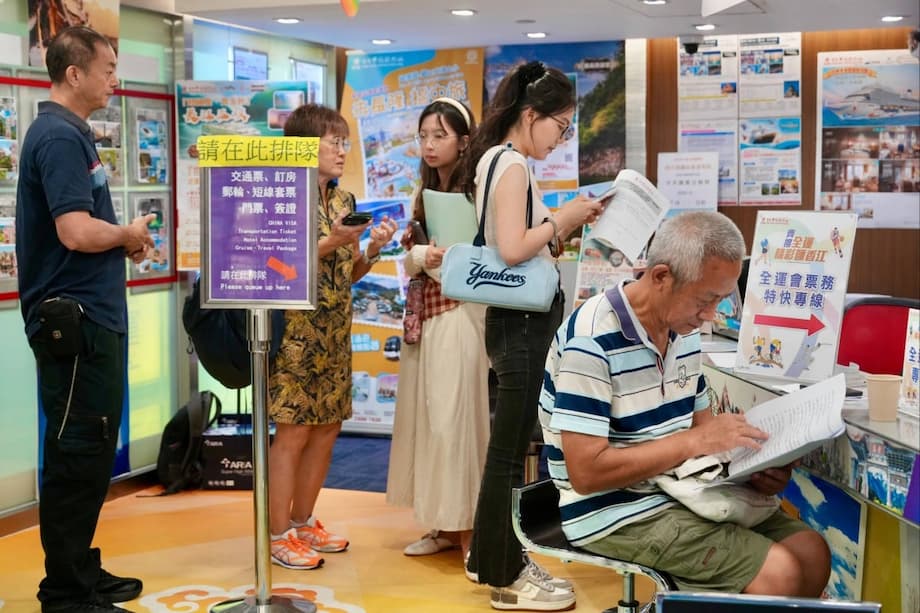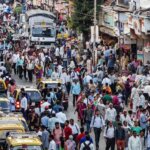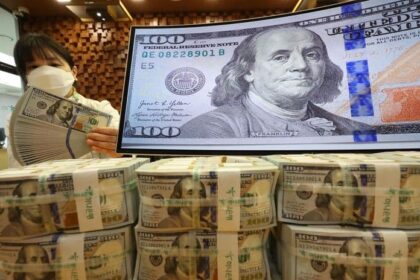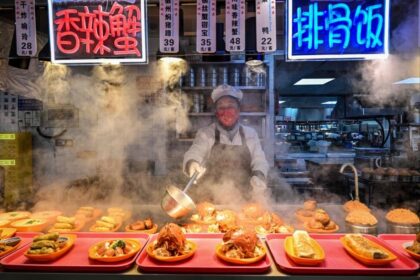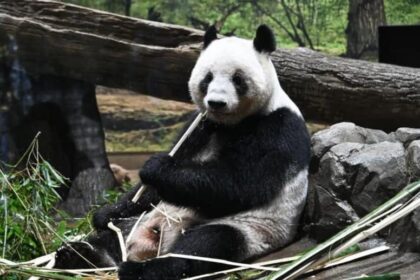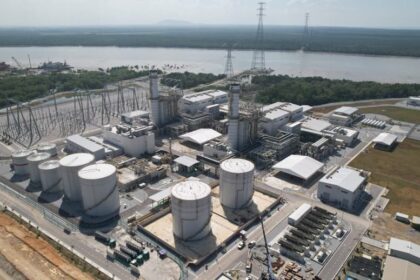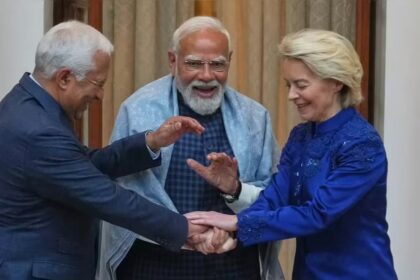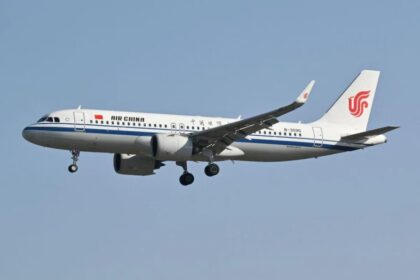Hong Kong National Games Ticket Sales Begin Without English Option, Prompting Concerns Among Expats and Tourists
Online ticketing for the 15th National Games in Hong Kong launched without an English-language interface, raising accessibility issues for non-Chinese speakers as the city prepares to co-host China’s top sporting event.
On Thursday morning, ticket sales for the 15th National Games—China’s premier multi-sport event—opened in Hong Kong. However, the online ticketing system did not provide an English-language option, leaving many expatriates and international visitors struggling to secure seats for major competitions, including the highly anticipated rugby sevens. The lack of English accessibility has sparked frustration among the city’s sizable English-speaking community and raised questions about inclusivity as Hong Kong prepares to co-host the Games with Guangdong and Macau from November 9 to 21, 2025.
- Hong Kong National Games Ticket Sales Begin Without English Option, Prompting Concerns Among Expats and Tourists
- Why Was There No English Ticketing Option?
- Which Events Are Being Held in Hong Kong?
- How Does the Ticketing System Work?
- Challenges for Tourists and Travel Operators
- Community Engagement and Public Awareness
- Comparisons With Other Major Events
- Official Response and Future Prospects
- What to Know
The National Games, held every four years, is the country’s highest-level sporting competition, often compared to a domestic Olympics. This year marks the first time Hong Kong will co-host the event, staging eight competition events and several Paralympic and Special Olympic contests. Despite the city’s international profile and history of hosting global sporting spectacles, the ticketing process for this landmark occasion has highlighted challenges in serving non-Chinese-speaking residents and visitors.
Why Was There No English Ticketing Option?
As tickets went on sale, users found that the official online portal and WeChat mini-programs were available only in Chinese. This immediately drew criticism from expatriates and tourists, many of whom are accustomed to English-language services for major events in Hong Kong. The absence of an English interface was especially notable given the city’s role as a global financial hub and its reputation for multiculturalism.
Yeung Tak-keung, head of the National Games Coordination Office, addressed the issue by explaining that the ticketing system followed the standard practice used in Guangdong, the lead host region. He noted that overseas travelers who only speak English could purchase tickets through travel agencies, and a hotline was available on the website for ticketing assistance outside Hong Kong.
Yeung Tak-keung, head of the National Games Coordination Office, said, “The lack of an English interface was standard practice for the games, as it followed the system used in Guangdong. Overseas travellers who only speak English can buy tickets through travel agencies. A hotline is also available on the website, enabling tourists to buy tickets if they are outside Hong Kong.”
Despite these alternatives, many in the English-speaking community felt the arrangements fell short of expectations for a city that regularly hosts international events. Some compared the situation to the Cathay/HSBC Hong Kong Sevens, which attracts tens of thousands of fans from around the world and offers comprehensive English-language ticketing and event information.
Which Events Are Being Held in Hong Kong?
Hong Kong is set to host eight National Games events: fencing, men’s under-22 basketball, track cycling, golf, men’s handball, rugby sevens, triathlon, and beach volleyball. The city will also stage one mass participation event (bowling) and several competitions for the National Games for Persons with Disabilities and the Special Olympic Games in December.
The first batch of tickets covers four events: rugby sevens, beach volleyball, men’s handball, and men’s under-22 basketball. Tickets for the remaining four events—track cycling, golf, triathlon, and fencing—will be released in phases in late September and early October. Select events will take place at the new Kai Tak Sports Park, a state-of-the-art venue designed to host world-class competitions.
Ticket prices are designed to be affordable, ranging from 50 to 200 yuan (approximately HK$55 to HK$220) for sports like golf, triathlon, and beach volleyball, and between 50 and 500 yuan (HK$55 to HK$550) for stadium events such as handball, basketball, rugby, track cycling, and fencing. Over five million tickets are available for the Games across all host cities.
How Does the Ticketing System Work?
To combat scalping and ensure fair access, the National Games organizers have implemented a real-name registration system for all ticket purchases. Buyers must create an account and provide their full name and identification number. For Hong Kong events, residents must use their Hong Kong identity card, while events in Guangdong require a Mainland Travel Permit. Each order is limited to six tickets per session, or three for especially popular events.
Tickets can be purchased online through the official ticketing website or WeChat mini-programs. For those who prefer offline options, tickets for Hong Kong events are also available at 11 designated China Travel Service (Hong Kong) outlets. Offline buyers do not need to register in advance but must still provide identification for all spectators. Paper tickets sold offline are priced in Hong Kong dollars, converted from Renminbi at a fixed rate.
Despite the real-name system, tickets can be transferred to another person if the process is completed at least 24 hours before the event. This flexibility aims to accommodate changes in plans while maintaining security and accountability.
Challenges for Tourists and Travel Operators
The lack of an English-language ticketing interface is not the only challenge facing international visitors. Travel operators and organized tour groups have found it difficult to create packages for multiple events because tickets are sold individually, with no group or block sales available. Each ticket requires a unique identification number, complicating the process for agencies hoping to offer multi-event tours.
These restrictions have limited the ability of travel companies to market the Games as a comprehensive tourism experience. Some operators are exploring creative solutions, such as flexible itineraries, smaller group packages, and combining sports attendance with local sightseeing and cultural activities. There have been calls for authorities to consider block ticket sales or multi-event passes to help operators attract more visitors and maximize tourism revenue.
The Games come at a crucial time for Hong Kong’s tourism sector, which is recovering from pandemic-related disruptions. Visitor arrivals reached about 24 million in the first half of 2025, a 12 percent increase from the previous year. Organizers hope the National Games will further boost tourism, encouraging visitors to explore the city’s neighborhoods, cuisine, and attractions.
Community Engagement and Public Awareness
To build excitement and public awareness, Hong Kong has launched the 2025 National Games Fiesta, a city-wide campaign running through October at shopping malls and popular hotspots. The fiesta features interactive sports experiences, games, live performances, and appearances by the event’s mascots, Xiyangyang and Lerongrong—adorable dolphins symbolizing joy, harmony, and unity.
Under Secretary for Culture, Sports and Tourism Raistlin Lau praised the strong public support for these community events, which aim to make the Games accessible and engaging for residents and visitors alike. The collective effort of local businesses and organizations has helped promote the Games and foster a festive atmosphere across the city.
Raistlin Lau, Under Secretary for Culture, Sports and Tourism, said, “The community events, which began in early August at five malls, have received strong public support and participation. The 19 shopping malls and hotspots hosting the 2025 National Games Fiesta have provided free venues and assistance, showcasing the collective effort of Hong Kong businesses to promote the 15th National Games and the Special Olympic Games.”
Chief Executive John Lee also highlighted the significance of Hong Kong’s role as a co-host, encouraging the public to support athletes and take part in this historic occasion.
Comparisons With Other Major Events
Many in Hong Kong’s international community have drawn comparisons between the National Games and other major sporting events, such as the Cathay/HSBC Hong Kong Sevens. The Sevens is renowned for its vibrant atmosphere and global appeal, attracting tens of thousands of fans from around the world. Its ticketing system, event information, and marketing materials are all available in English, reflecting the city’s cosmopolitan character.
The contrast with the National Games ticketing process has been stark. Some expats expressed disappointment that such a high-profile event did not prioritize English-language accessibility, especially given Hong Kong’s status as a global city. Others noted that the lack of English information could deter international visitors and limit the Games’ potential as a showcase for the city’s hospitality and diversity.
Official Response and Future Prospects
Authorities have acknowledged the concerns but have not indicated whether an English-language ticketing option will be introduced. The current system mirrors the approach used in Guangdong, where the Games’ main organizing committee is based. For now, non-Chinese speakers are advised to use travel agencies or the official hotline for assistance.
Some observers believe the experience of co-hosting the National Games could prompt changes in how future events are organized, with greater attention to language accessibility and international outreach. The city’s ability to balance security, fairness, and inclusivity will be closely watched as the Games approach.
What to Know
- Tickets for the 15th National Games in Hong Kong went on sale on August 28, 2025, but the online portal is only available in Chinese.
- Expatriates and non-Chinese speakers have reported difficulties purchasing tickets, especially for popular events like rugby sevens.
- Authorities say the lack of English-language ticketing follows standard practice in Guangdong, but alternatives include travel agencies and a hotline.
- Hong Kong is co-hosting the Games for the first time, staging eight competition events and several Paralympic and Special Olympic contests.
- Tickets require real-name registration and identification, with limits on the number of tickets per order.
- Travel operators face challenges creating multi-event packages due to individual ticketing and ID requirements.
- Community events and a city-wide fiesta are underway to build excitement and public engagement ahead of the Games.
- Calls for improved language accessibility and group ticketing options continue as Hong Kong prepares to welcome athletes and fans from across China and beyond.


